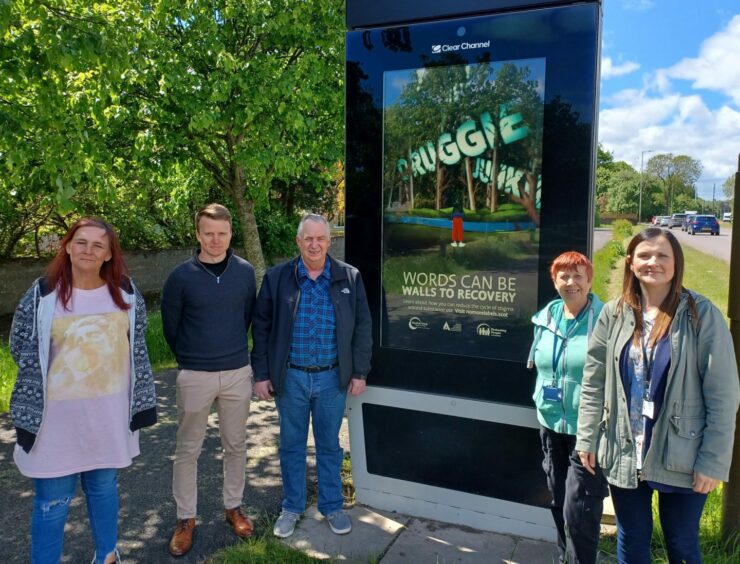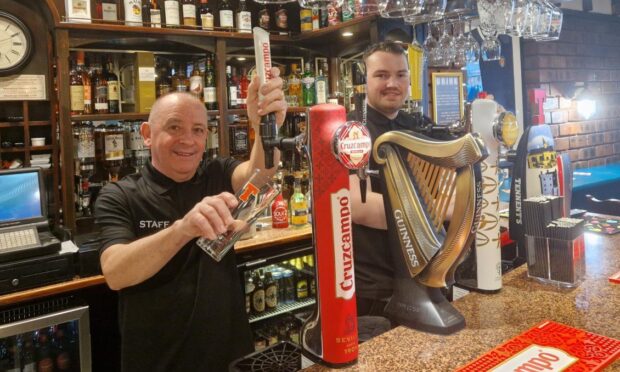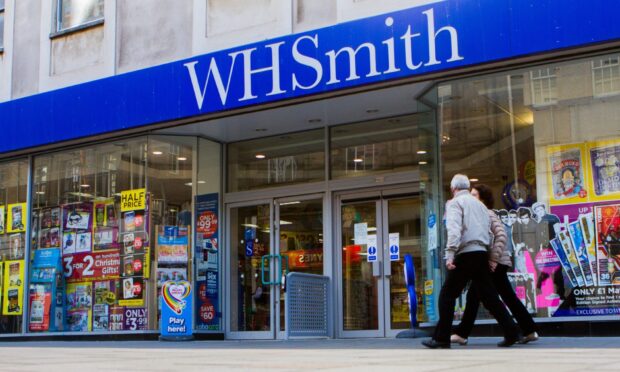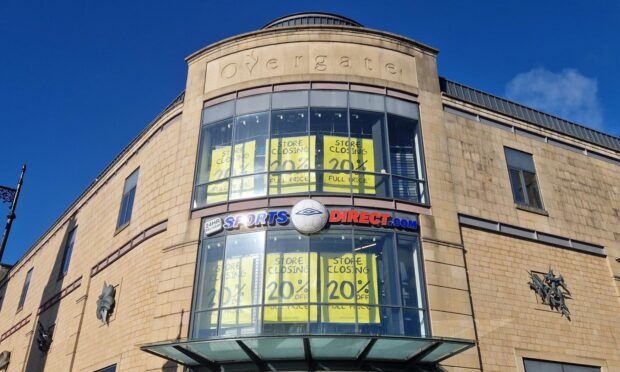“Imagine you’re all alone in the woods. You can’t find the path. You feel lost, frightened and isolated.”
A new campaign challenging the use of negative language towards people with drug addictions has been launched in Dundee.
Language Matters asks people to consider the stigmatising effect words such as “druggie”, “addict” and “junkie” can have on someone with substance abuse issues.
A short animated video made to accompany the campaign uses the metaphor of a young woman lost in the woods, trying to find her way out.
Bus stops
But her path is impeded by words like “junkie” with the narrator explaining how “words can become walls to recovery or traps on the way to treatment”.
The video was developed by a group led by NHS Tayside’s Public Health team, and included people with lived experience of substance use as well as members from Dundee Alcohol and Drug Partnership.
The animation and campaign materials are being shared widely across social media, and will also feature on bus stops and other displays across Dundee.
The campaign is part of wider work to challenge and eliminate stigma towards people who experience problems with drugs, and was developed in response to recommendations from the Dundee Drugs Commission.
Dr Emma Fletcher, NHS Tayside’s director of public health, said: “We are delighted to launch the Language Matters campaign and animation in Dundee, which has been created with the input and support of people who have experienced stigma due to substance use.
Guiding our children
“The language used when any of us speak about people who use drugs can really impact how they feel about themselves and how they are viewed by others.
“Experiences of stigma and discrimination can lead to profound social isolation and rejection by family and friends, driving people away from support services and communities and causing poorer health outcomes.
“Using negative language about people with drug dependence undermines all of our efforts to help them to tackle their condition and enable recovery.”
It is about starting from home and guiding our children about the impact stigmatising language has on society, so that when they grow up, they can explain it to a friend.”
The chairman of the Dundee Health and Social Care Partnership Integration Joint Board, Councillor Ken Lynn, said: “We are committed to reducing the stigma around drug addiction.
“This campaign will raise awareness and help us understand how our words can have a significant impact on those around us, and can be a barrier for people reaching out to get help.
“I hope this campaign will allow us all to play our part in reducing the sigma around drug addiction and encourage anyone who is battling a drug addiction to get support to enable them to recover.”
Some members of Resolve and Evolve, a group promoting recovery in Dundee, shared their thoughts on why the campaign is an important step to reducing stigma.
Angela said: “We are all human… Stigmatising language is not helpful and we all need to rethink the words we use.”
Kim added: “Judgmental attitudes and stereotyping people must be challenged.
Kindness starts at home
“I believe it begins with educating our family and friends.
“It is about starting from home and guiding our children about the impact stigmatising language has on society, so that when they grow up, they can explain it to a friend.
“We are more powerful than we think. Tell someone if they use stigmatising language, as they may not have been shown… the impact it can have.”
Dr Kirsty Licence, NHS Tayside public health consultant for substance use, added: “Everyone can play a part in reducing stigma by thinking about the language you use and treating people with respect, compassion and kindness.”













Conversation